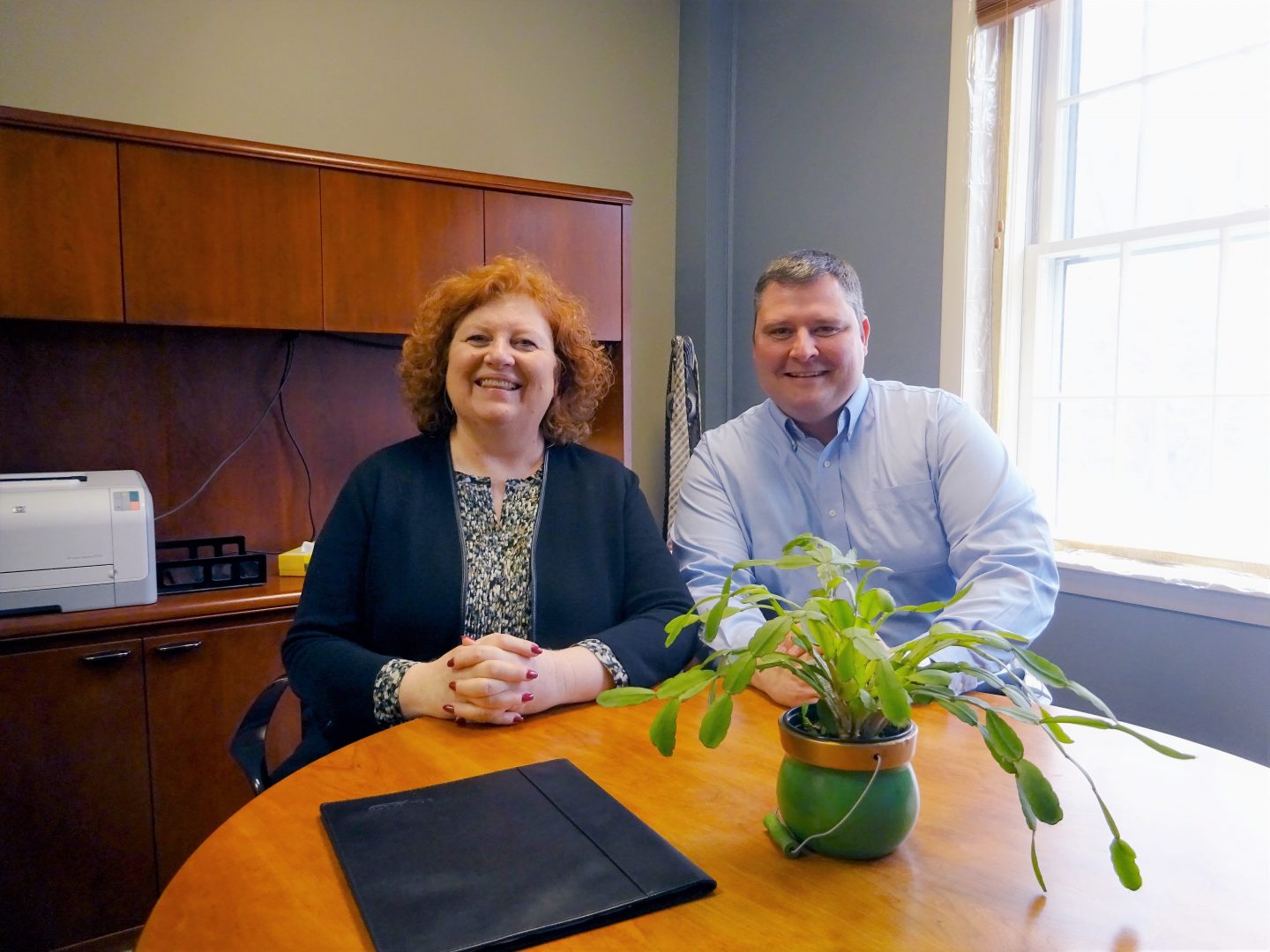When it comes to science, nothing beats the opportunity to experience the work directly in the field. This summer, Dr. Katharine York and Dr. Michele Goldsmith will lead a trip to Honduras as a part of a special topics course titled, “Tropical Ecology and Marine Biology.”
Three years of planning went into this trip, with the final product being a two-week expedition from June 20 to July 3, 2018 to visit two distinct parts of Honduras. One part is the Cusuco National Park, a forest campsite where students will have the opportunity to work with an international team of scientists collecting data on its biodiversity, while studying how the forest benefits the community and evaluating the impact of climate change on the forest.
While the scenery may be breathtaking and the academic opportunity unprecedented, this trip isn’t for people who want things easy. This trip is ultimately designed for students who want to tackle challenges head on like a scientist and push themselves to new heights. Getting up early at 5:30 a.m. to study birds of the forest and working until 10:30 p.m. studying bats can be expected as part of the daily routine.
Dr. York wants students to understand just how great of an opportunity this is to anyone who is passionate about science but wants something a bit more unique than the standard approach.
“To be able to go out and do field work in an environment with a vast biodiversity, is a whole different ball game,” York said.
For the first week of the trip, students will be staying at a base camp which consists of a DNA laboratory, tents for students, tents for scientists and pathways to various research sites throughout the forest called transects.
Week two of the trip focuses on the Island of Utila, a bay island off the east coast of Honduras. For this part of the expedition, students will have the chance to monitor the local coral reef and reef fish communities to determine effectiveness of strategies aimed at managing the health of the coral reef that’s being damaged by climate change and ocean acidity.
Students will be staying at the Coral View Utila Hotel during their stay for the second part of the trip.
Ocean acidity also poses a problem for shell animals in the area, as the acidity makes it hard for them to build their homes. Consequently, the ocean acidity makes the water warmer, making it an attractive place to live for an invasive species like lion fish. Students will monitor these problems first hand to help solve them alongside some of the best of the world’s scientists.
In case reef ecology doesn’t interest every participant, there’s also an option for students to focus on dive training and become an expert at scuba diving.
Dr. Goldsmith also spoke on her fondness for the island. “It’s a beautiful island, where the coral reef is right at the dock of the hotel. You can snorkel and investigate the reef every day.”
While fieldwork will be a massive component of the expedition, students attending the trip will also attend lectures on ecology at the two different sites.
Being a scientific expedition, environmental science majors and any type of science major will benefit from this trip due to it providing countless networking opportunities, leadership growth and rigorous fieldwork. It can also be included on a scientific-career oriented résumé.
York and Goldsmith want students to know that anyone interested in the chance to go on a trip that’s quite like Darwin’s trip to the Galapagos is more than welcome to come. All they ask is that students look forward to doing the challenging work that scientists need to do to advance progress.
For any students interested in attending, be ready to apply quickly, at the moment there are only fifteen spots available, but in order for the program to run a minimum of eight students must register. Also, having a passport that’s valid six months beyond the return travel date is required for the trip. Submission of a completed application and confirmation form statement of responsibility and release from liability paper to the Study Abroad Office must be completed by November 1 as well to go on the trip. Additionally, the total cost is $3,050 which will be applied to students’ 2018 registration fee.
The Study Abroad Office can be found in Exeter Hall, rooms 38 and 40.
Stefano Parenti, the director of SNHU’s Study Abroad Office, also provided his thoughts on the trip.
“We wish that this could be the start of your study abroad program and that you think about studying abroad for a semester.”
For any questions about the application forms themselves, students can contact Parenti at s.parenti@snhu.edu.
For any questions about the overall expedition, feel free to contact both Dr. York and Dr. Goldsmith at k.york@snhu.edu and m.goldsmith@snhu.edu, respectively.




